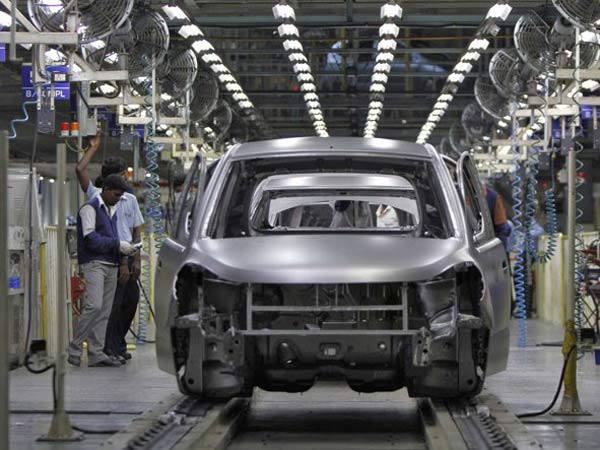ISLAMABAD: Federal Minister for Industries and Production Makhdoom Khusro Bakhtyar on Wednesday said the new policy would focus on growth and development of the automotive industry together with affordability, quality, availability and indigenisation.
During separate consultative sessions with representatives of Pakistan Automotive Manufacturers Association (PAMA) and Pakistan Association of Auto Parts and Accessories Manufacturers (PAAPAM) here on Wednesday, the minister said that the government would like to see an increased footprint of electric vehicles to improve the environment and to reduce oil import bill.
Advisor to Prime Minister on Commerce, Trade and Investment, Razak Dawood, and Secretary Industries and Production, Sohail Rajput, were present on the occasion.
The minister suggested both associations to table suggestions for reducing the prices of locally assembled small cars to make them affordable for the lower middle class.
The associations commended the government for support during the pandemic through salary loans, investment loans and slashing interest rates to protect the industry.
It was decided to hold the consultative sessions till finalisation of the Auto Industry Development & Export Plan (AIDEP) draft.
It is pertinent to mention here that the current Auto Development Policy (ADP 2016-21) will end in June.
Meanwhile, the local industry has sought the government’s support and a policy for hybrid electric vehicles (HEVs). The industry has said that HEVs are a better option for consumers than the electric vehicles (EVs) reasoning that the latter would cause a huge outflow of dollars in case of the estimated import of 20, 000 units per year, in addition to increasing the import bill by 1.5 per cent.
Industry officials have said that savings on account of fuel are estimated at $23 million but will be nullified by the imports of $600 million, along with $292 million relief in terms of tax breaks, which translates to a total cost of $869 million.
They added that 70 per cent of actual generation is from fossil fuels, including coal, which roughly emits 0.58 kg per kWh so, emissions will be around 120 grams of CO2 per km.
The incumbent government has already approved and notified the first-ever EV Policy of the country to facilitate the new transformation in the auto industry, which is aimed at a complete replacement of a conventional internal combustion engine with a battery-backed system.
“Up to three per cent EV Battery degradation every year results in more charging cycles. This means there will be more CO2 and less mileage in addition to huge loss of economic value,” said S. M. Engineering CEO S. M. Ishtiaq.
“On the other hand, the HEV’s cost is Rs5 per kilometre and internal combustion engine (ICE) cost is around Rs9.3 per km, which is way much efficient for the consumer in comparison with EVs so a sane choice will be either HEV or ICE,” he added.
“The government and policy makers should seriously consider other alternatives to BEVs while formulating or implementing policies in this regard because hybrid remains the most feasible technology as it offers best of both worlds,” he said.
Local assemblers of vehicles have suggested the government to look into all available options of technology in the auto industry instead of focusing only on EVs.
On the other hand, he said our neighbour, India, offers incentives for both EV and HEV that are linked with battery capacity with a cap on both amounts of incentive, which are also offered for part makers and original equipment manufacturers (OEM) on exports.
It may be recalled here that the new auto policy is envisaged targeting a robust electric vehicle market having a 30 per cent share in passenger vehicles and 90 per cent share in heavy duty trucks by 2030 and 2040, respectively.
Talking to this scribe, an official at the Engineering Development Board (EDB) said that the new policy was under consultation but nothing has been finalised so far.
“However, we may include a policy to provide consumers with options, including one on hybrid vehicles,” he added.




